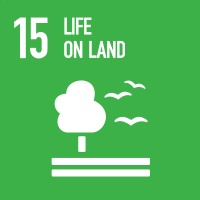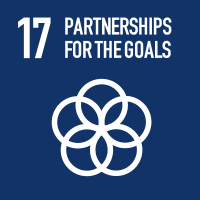Studying at the University of Verona
Here you can find information on the organisational aspects of the Programme, lecture timetables, learning activities and useful contact details for your time at the University, from enrolment to graduation.
Study Plan
The Study Plan includes all modules, teaching and learning activities that each student will need to undertake during their time at the University.
Please select your Study Plan based on your enrollment year.
1° Year
| Modules | Credits | TAF | SSD |
|---|
Contemporary History I - LM
History of Science and Technology - LM
Medieval History, History of Christianity and Churches
Early Modern History I - LM (Historical Anthropology)
1 module between the followingHistory of Political Thought
1 module among the following1 module among the followingHistory of Medieval Art (m)
Medieval Latin Literature II
Digital tools for historical research
2° Year activated in the A.Y. 2024/2025
| Modules | Credits | TAF | SSD |
|---|
| Modules | Credits | TAF | SSD |
|---|
Contemporary History I - LM
History of Science and Technology - LM
Medieval History, History of Christianity and Churches
Early Modern History I - LM (Historical Anthropology)
1 module between the followingHistory of Political Thought
1 module among the following1 module among the followingHistory of Medieval Art (m)
Medieval Latin Literature II
Digital tools for historical research
| Modules | Credits | TAF | SSD |
|---|
| Modules | Credits | TAF | SSD |
|---|
Legend | Type of training activity (TTA)
TAF (Type of Educational Activity) All courses and activities are classified into different types of educational activities, indicated by a letter.
Digital tools for historical research [Sede VR] (2023/2024)
Teaching code
4S001532
Teacher
Coordinator
Credits
3
Language
Italian
Scientific Disciplinary Sector (SSD)
NN - -
Period
CuCi 2 B dal Apr 9, 2024 al May 31, 2024.
Erasmus students
Not available
Courses Single
Not Authorized
Learning objectives
Acquisition of: skills in building databases for the circulation and valorisation of the results of historical research; ability to use the main IT tools (web and applications) for historical, statistical, cartographic and lexicographical research and analysis.
Prerequisites and basic notions
Ability to use the main operating systems and autonomy in searching databases
Program
The course is organized as a seminar and is conducted entirely in the computer classroom, working through research simulations, data processing and information management. The following topics will be examined:.
Informatics and history; WWW and historical research; online databases; OPAC and Meta OPAC; digital resources for research; IT tools for data processing (databases, spreadsheets, word processors, DTPs, OCRs, image processing, etc.) and for their publication (traditional layout, publication on WWW, HTML, XML, PHP, etc.).
Bibliography
Didactic methods
seminar lessons
Learning assessment procedures
The examination does not give an assessment in thirtieth, but only the certificate of passing it. It takes place in oral form and students have to demonstrate that they have learned the skills illustrated during the lessons.
Those who do not attend will have to read: R. Minuti, Il web e gli studi storici. Guida critica all'uso della rete, Roma, Carocci, 2015. The oral examination will assess the acquisition of the information contained in the text and the ability to orientate oneself in the main online research tools.
Evaluation criteria
Achieving an autonomous level of research and processing of web-based sources
Criteria for the composition of the final grade
Evaluation is limited to passing or failing the examination
Exam language
Italiano




